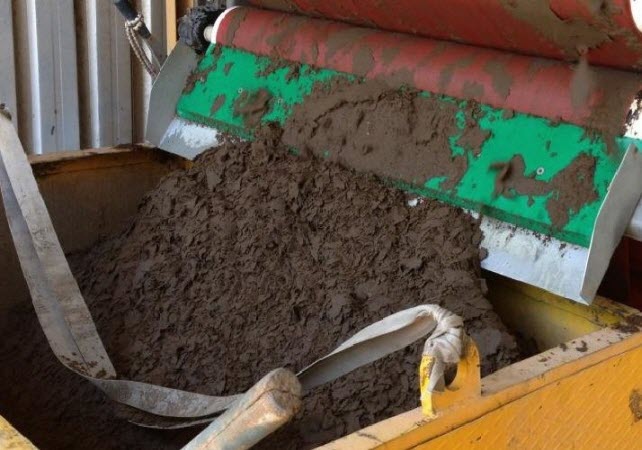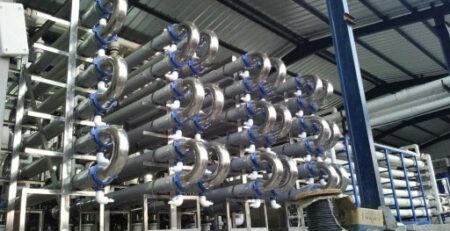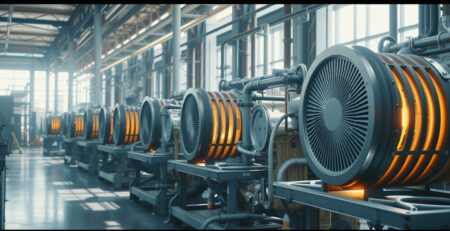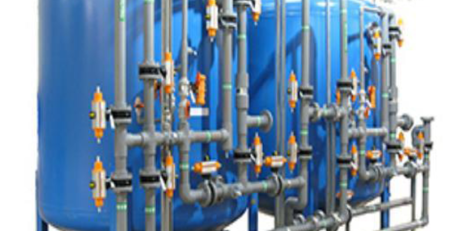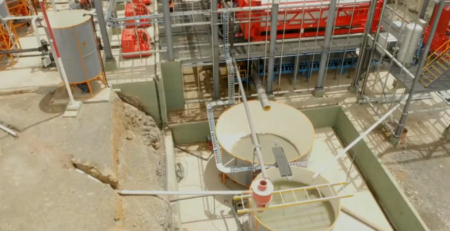Applications of Sludge Dewatering Equipment in the Food and Beverage Industry
The food and beverage industry engenders a substantial volume Comprar cialis generico barato en españa of effluent that embodies biological and inorganic constituents. Sludge dewatering equipment is one of the most important tools used for wastewater treatment in the food and beverage industry. This article will discuss the applications of sludge dewatering equipment in the food and beverage industry and how it helps to reduce environmental pollution.
Sludge dewatering equipment is a technology used to separate solid and liquid components of sludge and reduce its volume. The equipment is designed to remove water from sludge to produce a dry cake that can be easily handled and transported. There are several types of sludge dewatering equipment available in the market, including belt filter presses, centrifuges, and screw presses.
Importance of Sludge Dewatering in the Food and Beverage Industry
The food and beverage industry generates a significant amount of wastewater during its production processes. This wastewater contains high levels of organic and inorganic substances that can cause environmental pollution if discharged into the environment without treatment. Sludge dewatering equipment plays a crucial role in treating this wastewater and reducing the environmental impact of the food and beverage industry.
Applications of Sludge Dewatering Equipment in the Food and Beverage Industry
Removal of Suspended Solids
Sludge dewatering equipment is used to remove suspended solids from wastewater. Suspended solids are particles that are too small to settle down on their own. Sludge dewatering equipment separates these particles from the wastewater, producing a dry cake that can be easily disposed of.
Reduction of Wastewater Volume
Sludge dewatering equipment reduces the volume of wastewater by removing water from the sludge. This reduces the cost of wastewater treatment and makes it easier to handle and transport the sludge for disposal.
Recovery of Resources
Sludge dewatering equipment can recover resources such as phosphorus, nitrogen, and organic matter from wastewater. These resources can be reused in the production processes, reducing the need for new resources and minimizing waste.
Compliance with Regulations
The food and beverage industry is subject to strict regulations regarding the discharge of wastewater into the environment. Sludge dewatering equipment helps the industry to comply with these regulations by treating wastewater before it is discharged into the environment.
Types of Sludge Dewatering Equipment
Belt Filter Presses
Belt filter presses use a series of belts to remove water from sludge. The belts are designed to filter the sludge as it passes through the system, producing a dry cake that can be easily handled and transported.
Centrifuges
Centrifuges use centrifugal force to separate the solid and liquid components of sludge. The equipment spins the sludge at high speeds, separating the water from the sludge and producing a dry cake.
Screw Presses
Screw presses use a screw mechanism to separate the solid and liquid components of sludge. The equipment compresses the sludge, forcing the water out of the sludge and producing a dry cake.
Sludge dewatering equipment is an essential tool in the food and beverage industry for treating wastewater and reducing environmental pollution. The equipment helps to remove suspended solids, reduce wastewater volume, recover resources, and comply with regulations. There are several types of sludge dewatering equipment available in the market, including belt filter presses, centrifuges, and screw presses. The food and beverage industry can benefit from using sludge dewatering equipment to improve its wastewater treatment processes.

